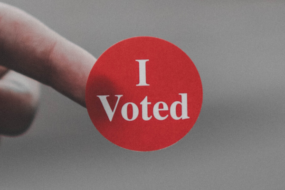
The Puzzle of Fiction: Why We Invest in the Unreal
From an evolutionary perspective, human behavior is often driven by practicality—survival, reproduction, and the efficient use of resources. So, it’s intriguing to consider why we dedicate so much time and energy to something as seemingly impractical as fiction. After all, stories, movies, and novels are filled with make-believe characters, scenarios, and worlds that we know aren’t real. Yet, not only do we consume these fictions, but we also argue about them with passion and conviction. Why do we do this? What purpose could such behavior possibly serve?
One key insight lies in the way fiction engages our minds. While the events and characters in stories aren’t real, they tap into our capacity for empathy, imagination, and critical thinking. Fiction allows us to explore complex emotions, moral dilemmas, and social dynamics in a safe and controlled environment. By immersing ourselves in made-up worlds, we’re not just passing the time—we’re rehearsing life scenarios, testing hypotheses, and refining our understanding of human behavior. This cognitive exercise is invaluable in a world where real-life experimentation could come with significant risks.
Moreover, fiction fosters connection and community. When we argue about fictional stories, we’re not just debating plot points or character motivations; we’re negotiating shared meanings and values. These debates reveal our own perspectives, biases, and aspirations, creating a space for dialogue and mutual understanding. Whether it’s a heated discussion about the ethics of a protagonist’s choice or a debate over the hidden symbolism in a novel, fiction becomes a mirror reflecting our collective humanity.
From an evolutionary standpoint, our affinity for fiction might not seem practical at first glance. But when we look closer, it becomes clear that stories are not merely entertainment—they’re tools for learning, bonding, and growth. They help us make sense of the world, ourselves, and each other. So, the next time you find yourself passionately arguing about a fictional character or storyline, remember: you’re not just debating make-believe—you’re engaging in a deeply human act of connection and meaning-making. And that, in itself, is worth the cognitive investment.







No Comments